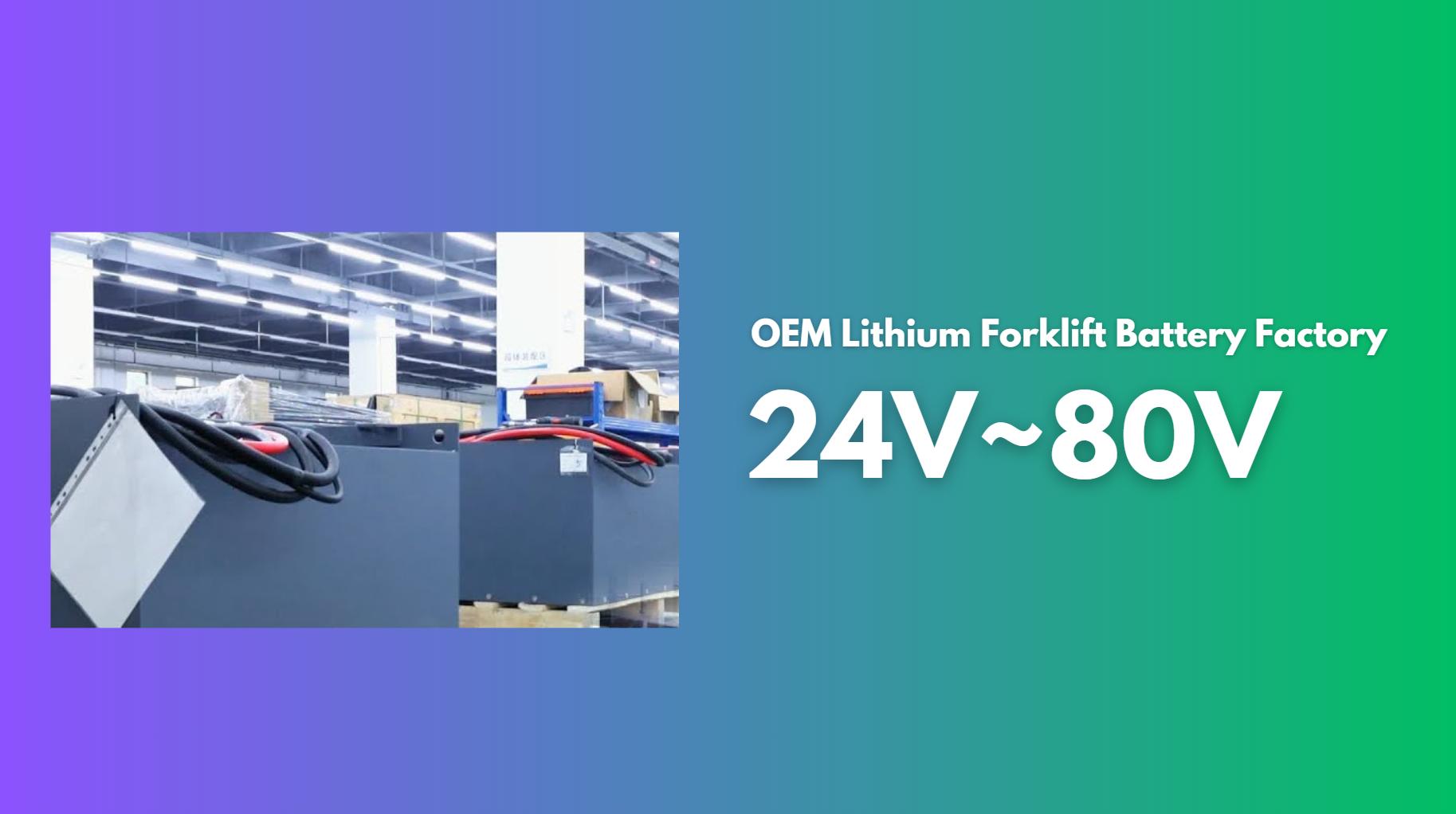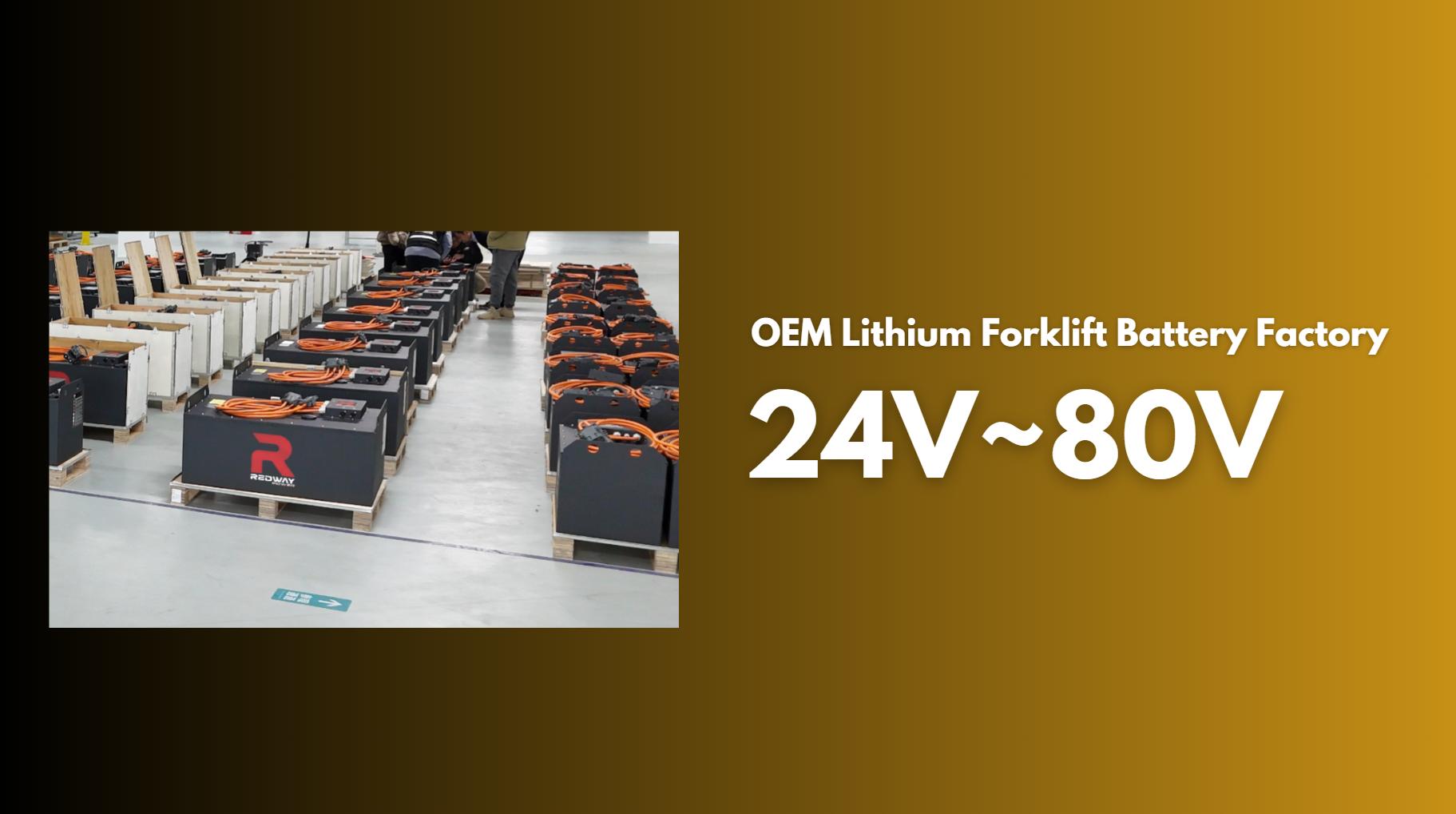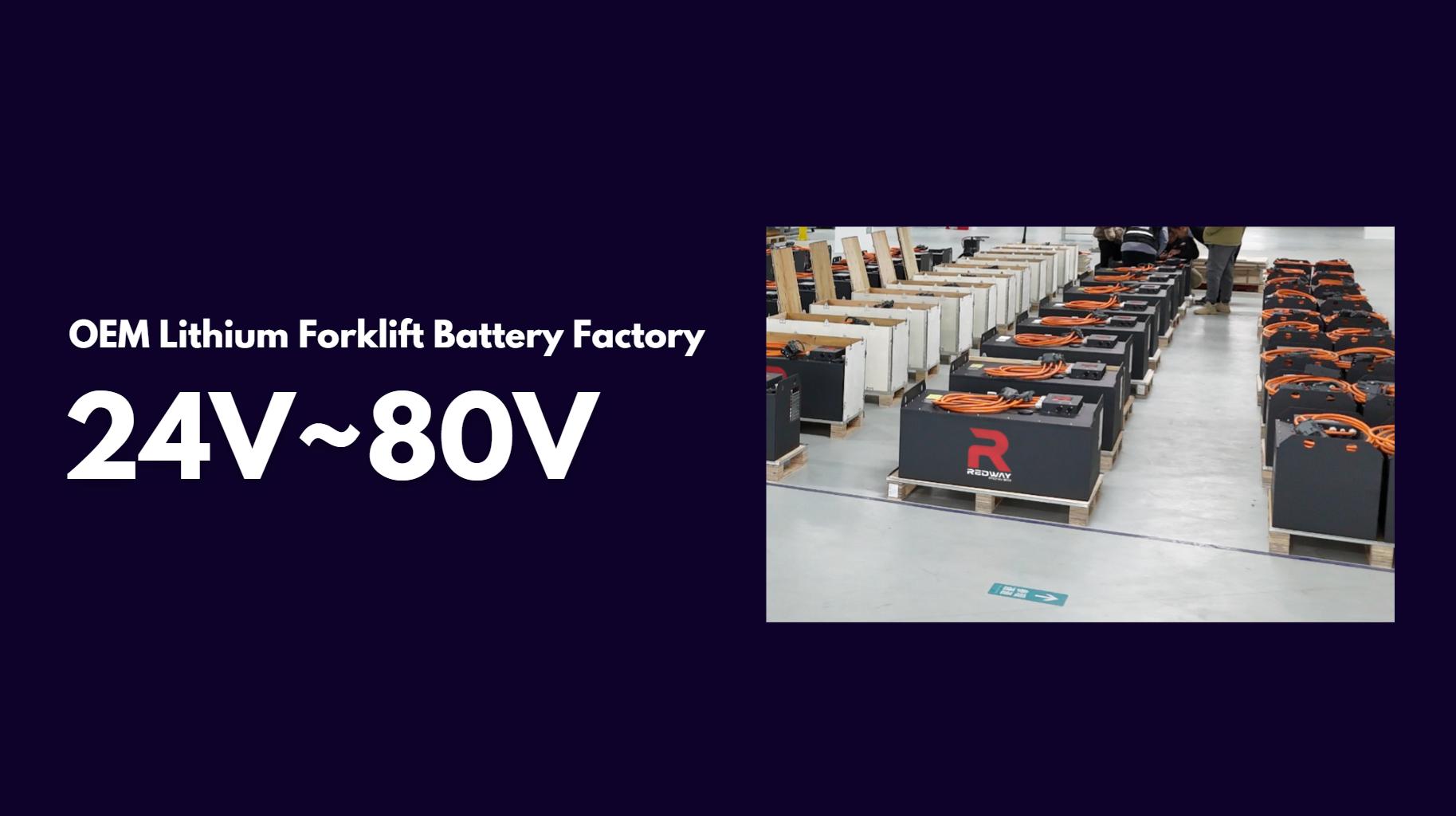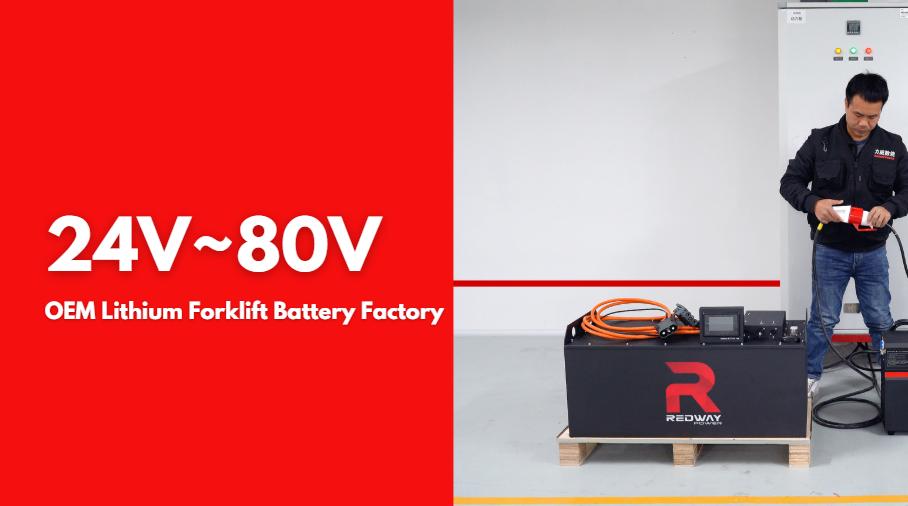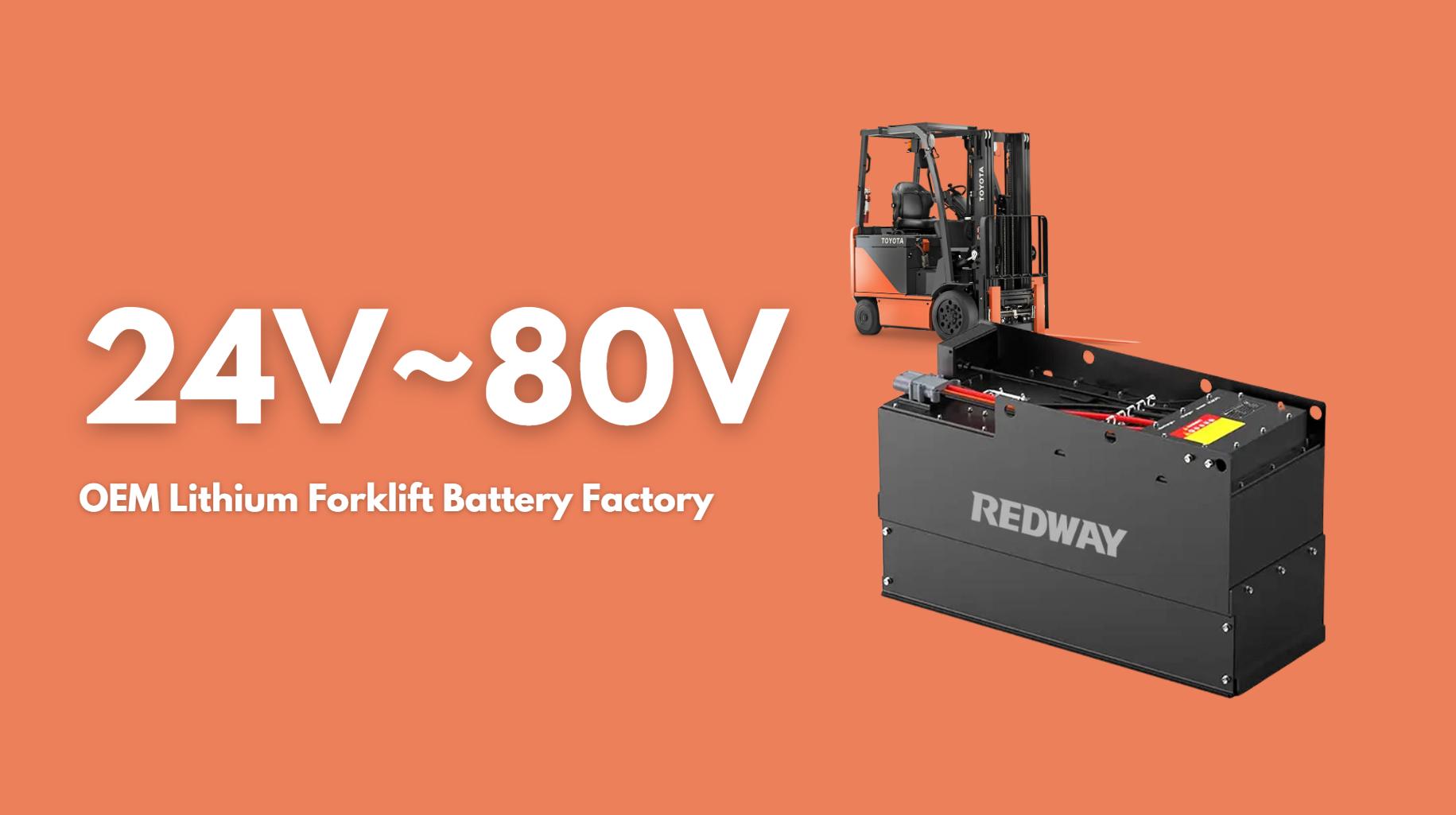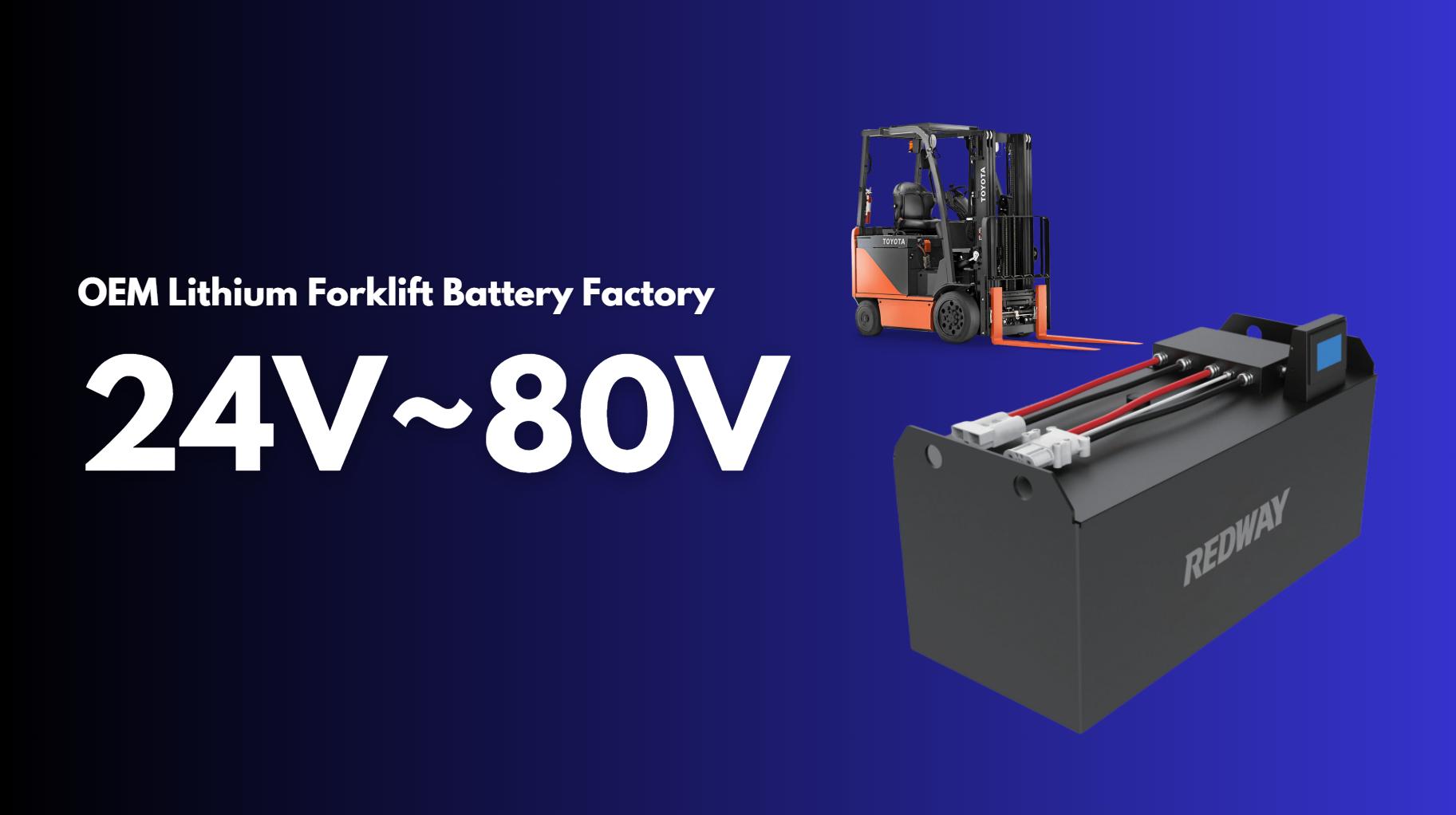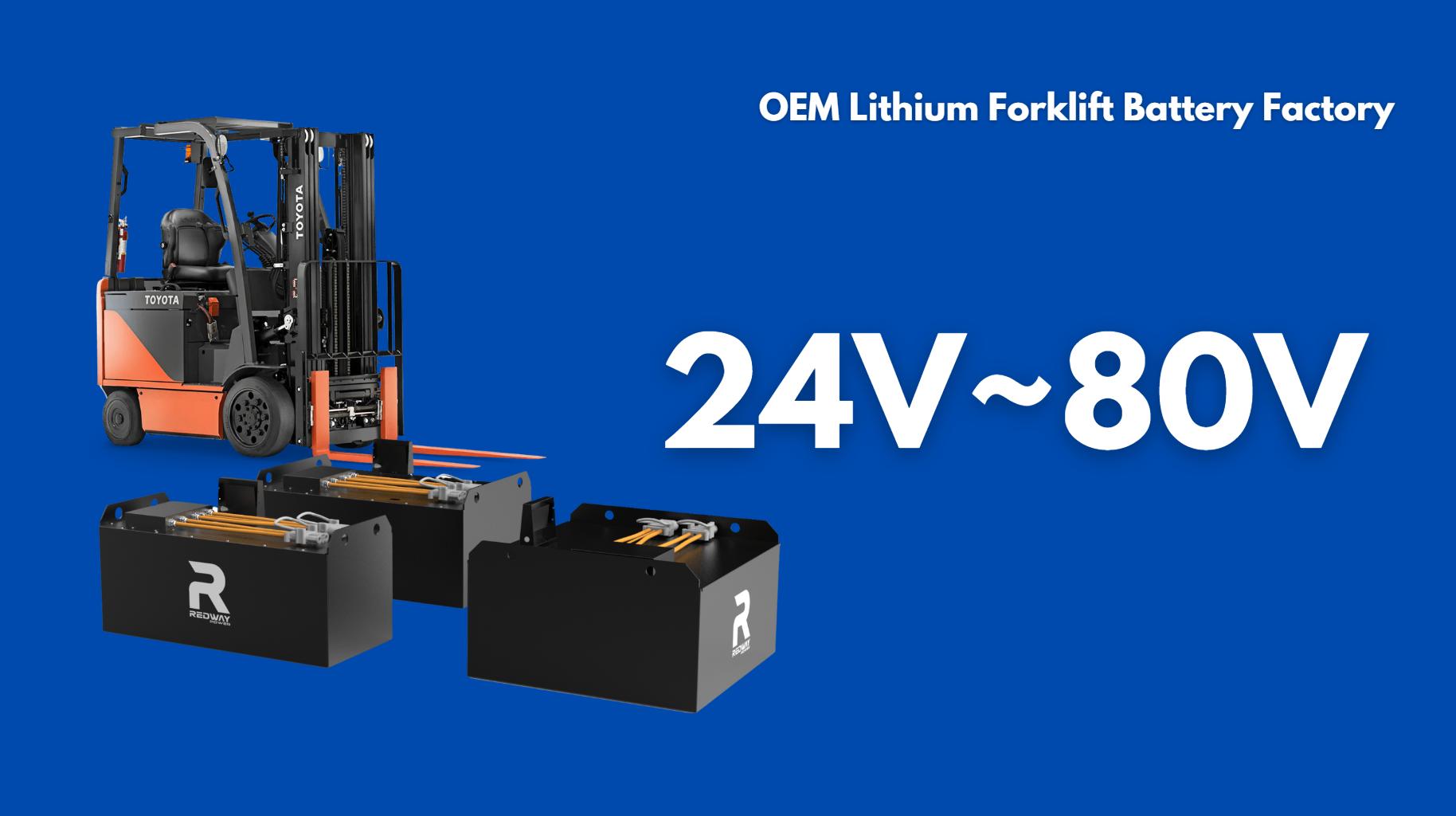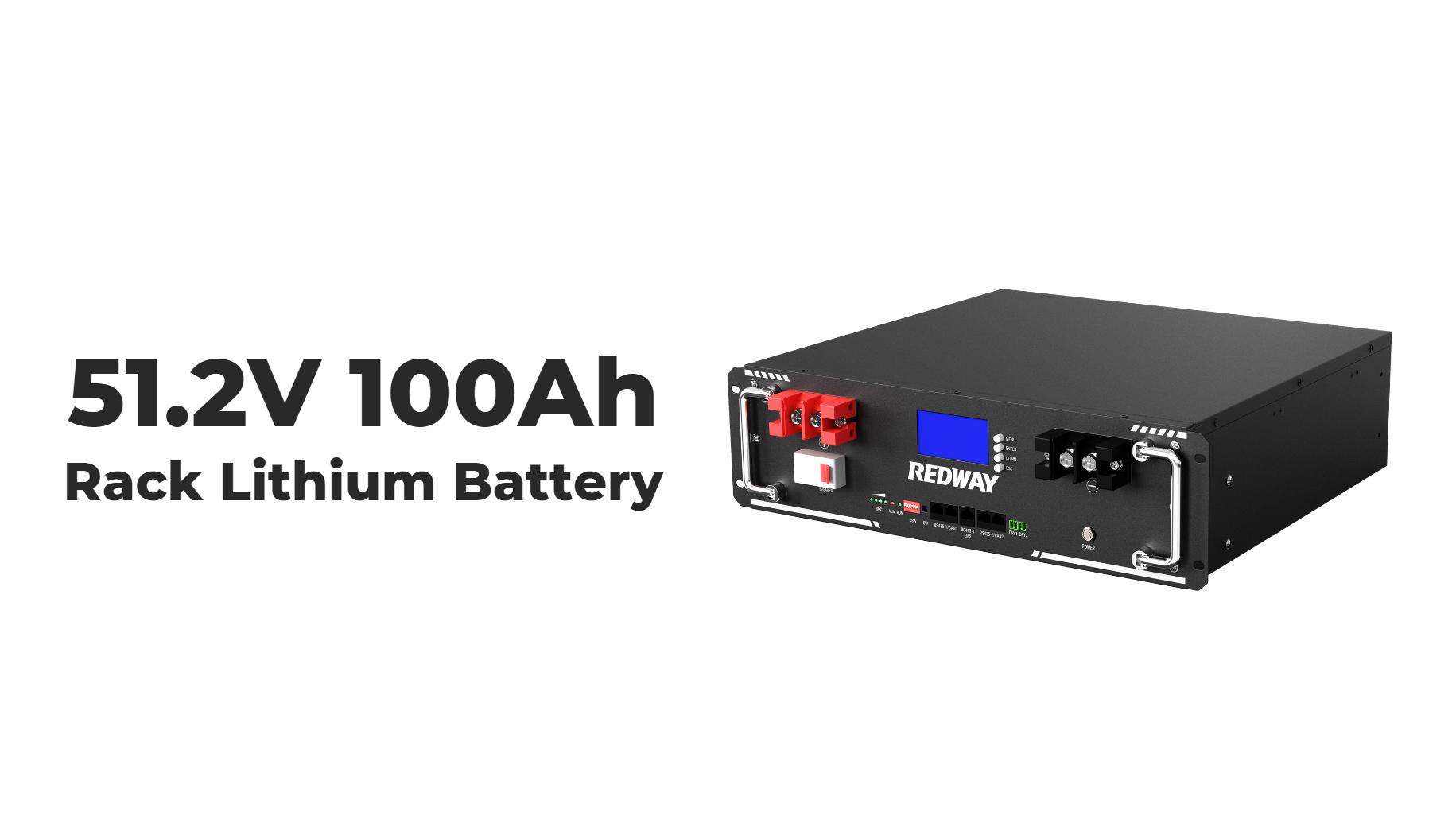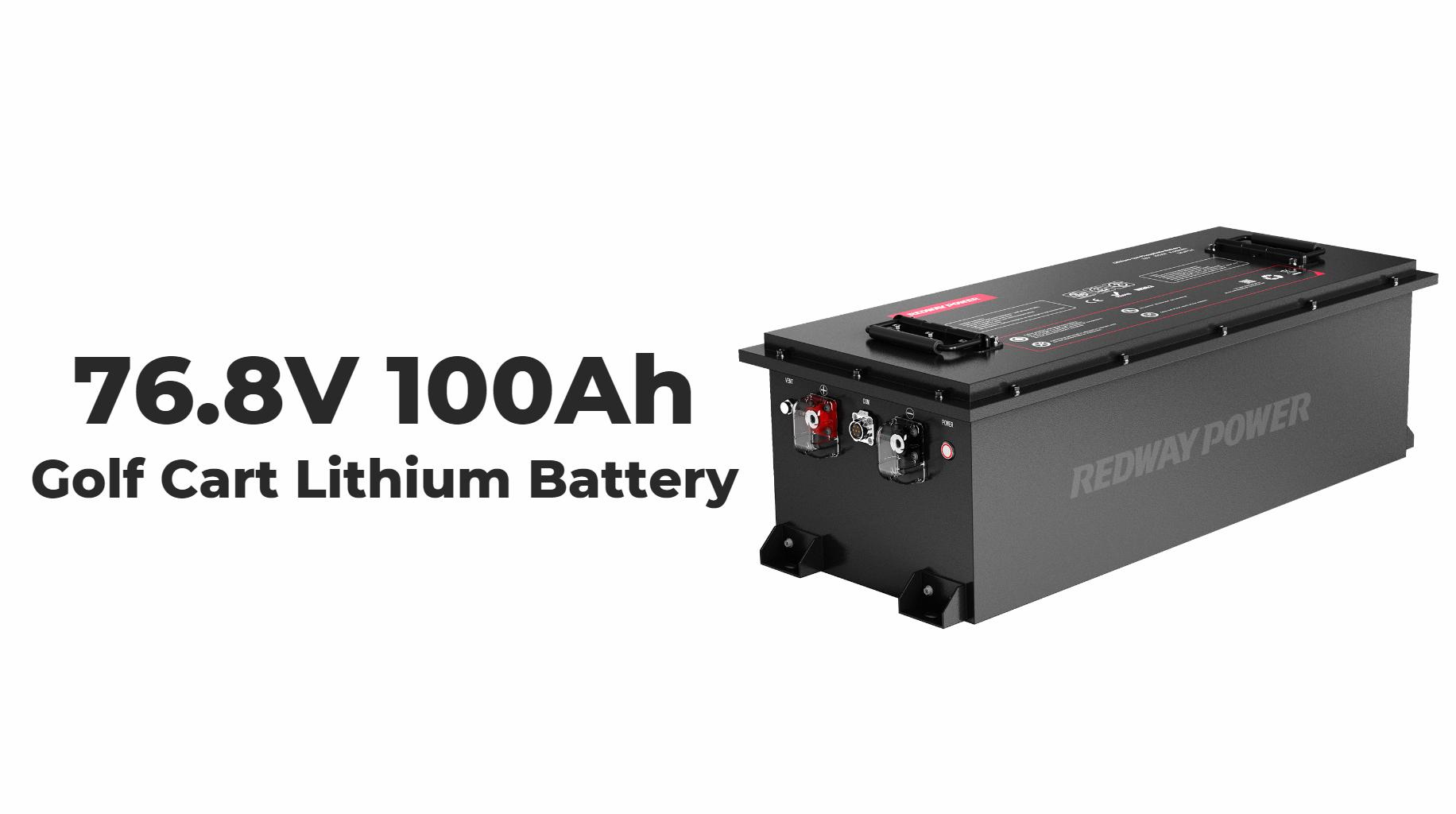Flux Power’s OEM approval is strengthening trust in their forklift battery solutions by certifying performance, safety, and compatibility standards. This endorsement assures fleet operators of reliable, efficient lithium battery systems, driving industry adoption and enhancing operational productivity.
What Is Flux Power’s OEM Approval and Why Does It Matter?
Flux Power’s OEM approval means that key forklift and equipment manufacturers officially endorse their lithium battery packs. This certification confirms that Flux’s products meet rigorous standards for compatibility, reliability, and safety with specific forklift models. OEM approval matters because it signals to fleet managers that these batteries integrate seamlessly, maintain equipment warranties, and deliver optimal performance—critical for cost efficiency and sustained uptime in material handling.
The forklift industry traditionally relied on lead-acid batteries, but Flux Power’s lithium-ion systems are replacing them with advantages like faster charging, longer life, and lighter weight. OEM approval removes buyer hesitation by validating that Flux Power batteries are tested and guaranteed by forklift manufacturers, reducing integration risks and service concerns.
How Does OEM Approval Impact Forklift Battery Performance and Operations?
OEM-approved lithium batteries like those from Flux Power boost forklift fleet performance by delivering consistent power, increased runtime, and rapid charging capabilities. This results in less downtime and maximized operational efficiency. OEM status also ensures that manufacturers support the battery solution, providing warranty coverage and technical assistance, which improves long-term reliability.
Operational improvements include reduced labor for battery swapping, elimination of acid spills, and lower cooling requirements. These benefits translate into lower total cost of ownership and enhanced safety for warehouse staff. Fleet managers gain confidence knowing Flux Power’s solutions are engineered for their specific forklift models, backed by thorough testing to meet OEM durability and electrical standards.
Which Industries Benefit Most from OEM-Approved Lithium Forklift Batteries?
Industries such as warehousing, logistics, manufacturing, food & beverage, and cold storage greatly benefit from OEM-approved lithium forklift batteries. These sectors demand high uptime, rapid turnaround, and safe, clean power solutions. OEM approval is especially important in environments with strict safety and emission regulations, where lithium batteries offer compliance advantages.
OEM-certified batteries reduce operational disruptions and maintenance costs, making them ideal for fast-paced industries that rely on material handling equipment. Redway Battery, for example, partners with OEMs to provide tailored LiFePO4 solutions for forklifts in demanding logistics hubs and food processing plants, ensuring customers benefit from dependable, high-performance energy storage.
Why Is Lithium-Ion Technology Preferred Over Lead-Acid in Forklift Batteries?
Lithium-ion batteries are preferred over lead-acid due to several key advantages: faster charging, longer cycle life, lighter weight, and minimal maintenance. Lithium-ion batteries maintain consistent voltage throughout discharge, enhancing forklift performance. They also eliminate the need for watering and ventilation systems required by lead-acid batteries.
Flux Power’s OEM-approved lithium batteries leverage these benefits, enabling warehouses to increase throughput while reducing operational costs. The higher upfront investment is offset by reduced downtime, longer lifespan, and improved safety, positioning lithium-ion as the future standard in forklift power solutions. Redway Battery’s extensive expertise in LiFePO4 chemistry further enhances reliability and safety in OEM collaborations.
How Does Flux Power’s OEM Approval Influence Customer Confidence?
OEM approval from leading forklift manufacturers provides tangible proof that Flux Power batteries meet the highest industry standards. This endorsement reduces perceived risks in adopting lithium battery technology and accelerates decision-making for fleet upgrades. Customers feel assured of product compatibility, service support, and warranty coverage.
The alignment between OEMs and Flux Power also fosters innovation and continuous product improvement, directly benefiting end users. Moreover, Redway Battery’s role as a trusted OEM lithium battery manufacturer complements this confidence by delivering customized, high-quality packs that meet strict certifications such as ISO 9001:2015, further reassuring buyers worldwide.
What Role Does Redway Battery Play in Supporting OEM-Approved Solutions?
Redway Battery acts as a key partner in the lithium forklift battery ecosystem by providing reliable OEM/ODM battery packs engineered to meet or exceed OEM specifications. With over 13 years of experience and advanced production facilities in Shenzhen, Redway supports OEM projects with customized LiFePO4 solutions tailored for forklift manufacturers.
Their expertise in battery design, safety, and quality control helps fleets implement approved lithium systems confidently. Redway’s comprehensive after-sales support also ensures seamless integration and lifecycle management, enhancing the value chain between OEM approval and operational success.
| Feature |
Redway Battery |
Typical OEM Requirements |
| Battery Chemistry |
LiFePO4 |
Required for safety/stability |
| Production Scale |
100,000 ft² factory |
Capable of large volume manufacturing |
| Certifications |
ISO 9001:2015 |
Must comply for quality assurance |
| Customization Service |
Full OEM/ODM |
Tailored packs for forklift models |
| After-Sales Support |
24/7 service |
Critical for operational uptime |
How Does OEM Approval Accelerate Industry Adoption of Lithium Batteries?
OEM approval acts as a catalyst in lithium forklift battery adoption by removing barriers such as compatibility doubts, warranty concerns, and safety questions. When a forklift manufacturer endorses a battery supplier like Flux Power, it validates the technology’s maturity and readiness for widespread use.
This endorsement encourages fleets hesitant about transitioning from lead-acid to lithium to upgrade, driving industry-wide acceptance. OEM collaborations also inspire innovation in battery management systems (BMS), thermal controls, and charging infrastructure, making lithium solutions more attractive and scalable.
Are There Environmental Advantages of Using OEM-Approved Lithium Forklift Batteries?
Yes, OEM-approved lithium forklift batteries offer significant environmental benefits. Lithium batteries produce zero emissions during use, reduce greenhouse gas footprints from manufacturing to disposal, and avoid lead contamination risks posed by traditional batteries. Their longer lifespan means fewer replacements and less waste.
OEM certification ensures that these batteries meet strict environmental and safety regulations imposed on material handling equipment. This aligns with corporate sustainability goals and compliance mandates for industries like food processing and cold storage, further motivating fleets to adopt lithium solutions from reputable OEM-approved providers such as Flux Power and Redway Battery.
What Innovations Are Flux Power and Redway Battery Bringing to Forklift Battery Solutions?
Flux Power and Redway Battery pioneer innovations including advanced battery management systems for real-time monitoring, modular pack designs for scalable power, and enhanced thermal controls to boost safety and longevity. Together, they develop OEM-tailored solutions to optimize voltage ranges and charging protocols for specific forklift models.
These innovations reduce operational disruptions and maximize energy efficiency across applications. Redway’s automated production lines and MES system enable consistent quality and faster delivery times, reinforcing their OEM credibility and market competitiveness.
When Should Forklift Fleets Consider Upgrading to OEM-Approved Lithium Batteries?
Fleets should consider upgrading when they experience high maintenance costs, frequent downtime with lead-acid batteries, or face operational targets requiring faster charging and higher uptime. Upgrades are also prudent when complying with workplace safety and environmental standards becomes critical.
OEM approval ensures a smooth transition by guaranteeing the lithium packs’ compatibility with existing forklift models and supporting warranty conditions. Partnering with suppliers like Redway Battery can facilitate comprehensive evaluation and customized deployment strategies to future-proof fleet power.
Redway Expert Views
“Adopting OEM-approved lithium batteries transforms forklift fleet management by enhancing safety, efficiency, and sustainability. At Redway Battery, we harness advanced LiFePO4 technologies combined with rigorous quality standards to deliver tailored OEM solutions. Our goal is to empower industries with dependable energy systems that not only meet but exceed operational demands—driving the material handling sector toward a cleaner, more productive future.”
— Senior Technical Manager, Redway Battery
Conclusion
Flux Power’s OEM approval significantly boosts confidence in forklift battery solutions by ensuring compatibility, reliability, and safety. This endorsement accelerates industry acceptance of lithium technologies, delivering operational, environmental, and economic benefits. Partnership with experienced manufacturers like Redway Battery enhances OEM-certified offerings through robust customization, quality assurance, and dedicated support. Fleet managers aiming for modernized, sustainable energy solutions should prioritize OEM-approved lithium batteries to optimize forklift performance and total cost of ownership.
FAQs
Q1: Does OEM approval guarantee forklift warranty coverage with lithium batteries?
Yes, OEM approval typically ensures that lithium battery installations maintain the forklift manufacturer’s warranty, providing peace of mind for fleet operators.
Q2: How long do OEM-approved lithium forklift batteries last compared to lead-acid?
OEM-approved lithium batteries usually provide 3–5 times longer cycle life than lead-acid, reducing replacement frequency and maintenance efforts.
Q3: Can existing forklifts be retrofitted with OEM-approved lithium batteries?
In most cases, yes. OEM-approved batteries are designed for seamless retrofit on compatible forklift models, but professional evaluation is recommended.
Q4: What safety certifications do OEM-approved lithium batteries meet?
They generally comply with industry standards such as UL, CE, and ISO certifications to ensure electrical, chemical, and mechanical safety.
Q5: How does Redway Battery support OEM lithium battery clients post-purchase?
Redway offers 24/7 after-sales service, technical support, and customization options to optimize battery performance throughout its lifecycle.

